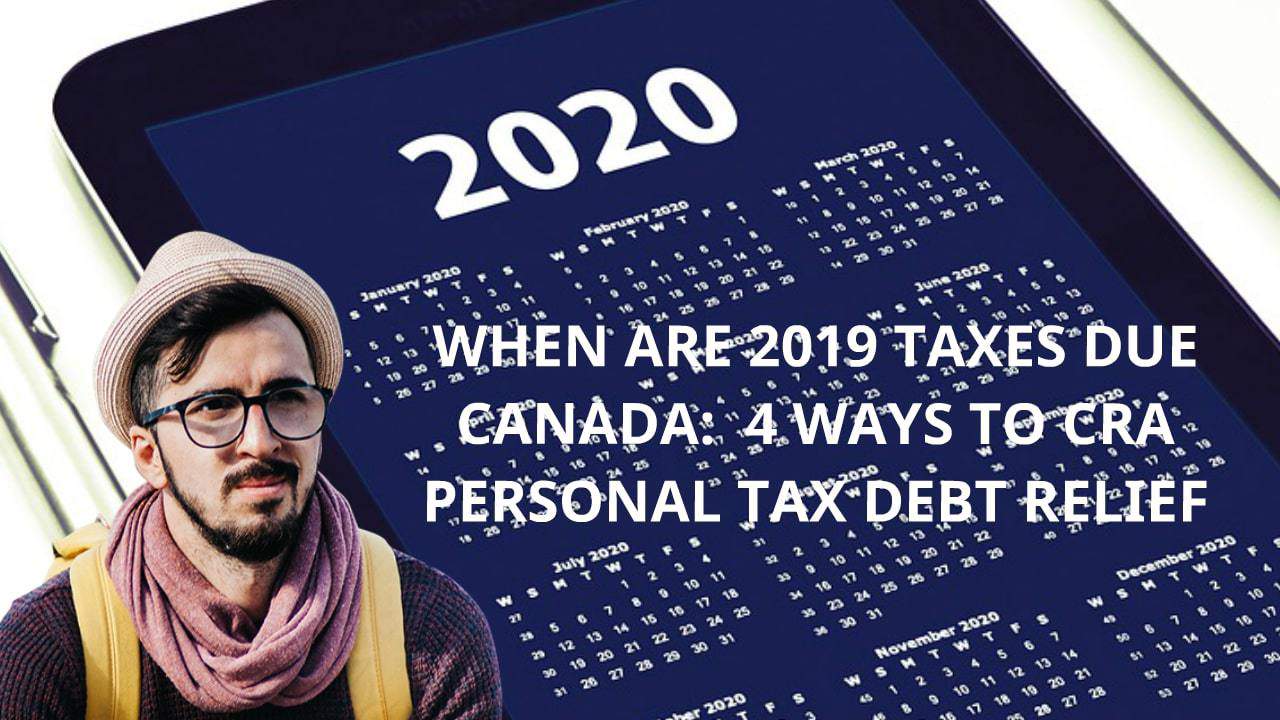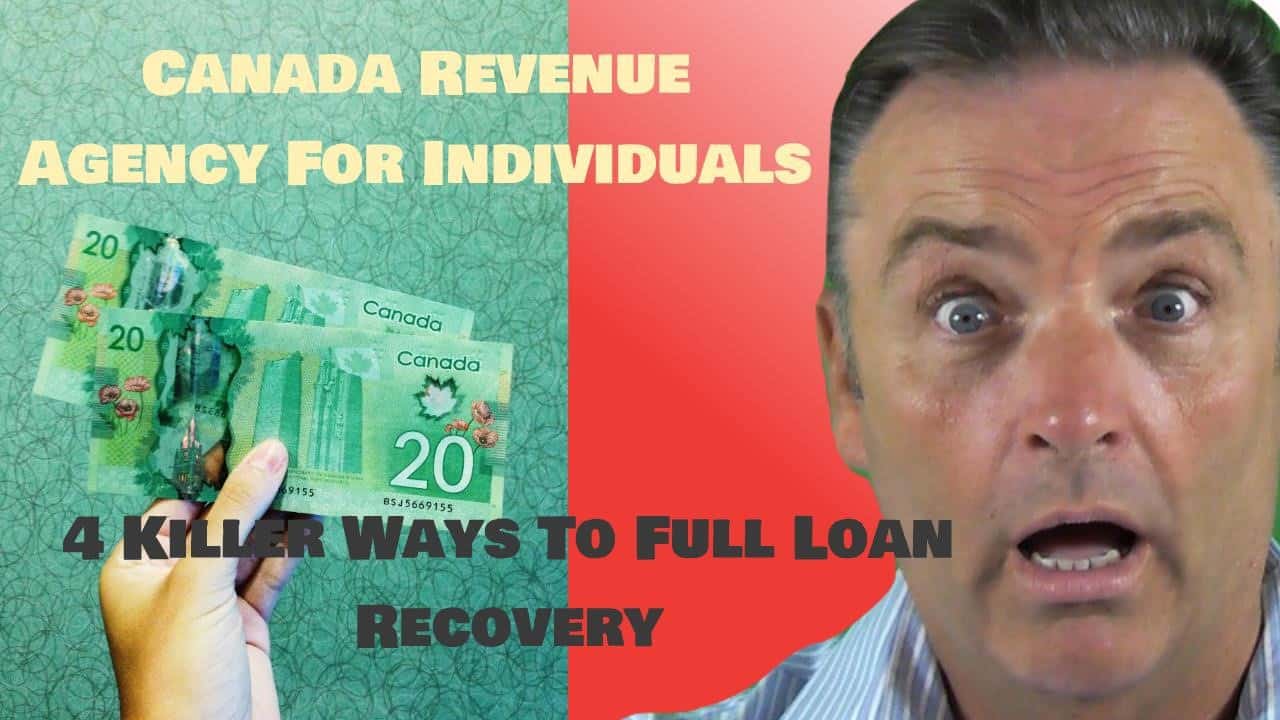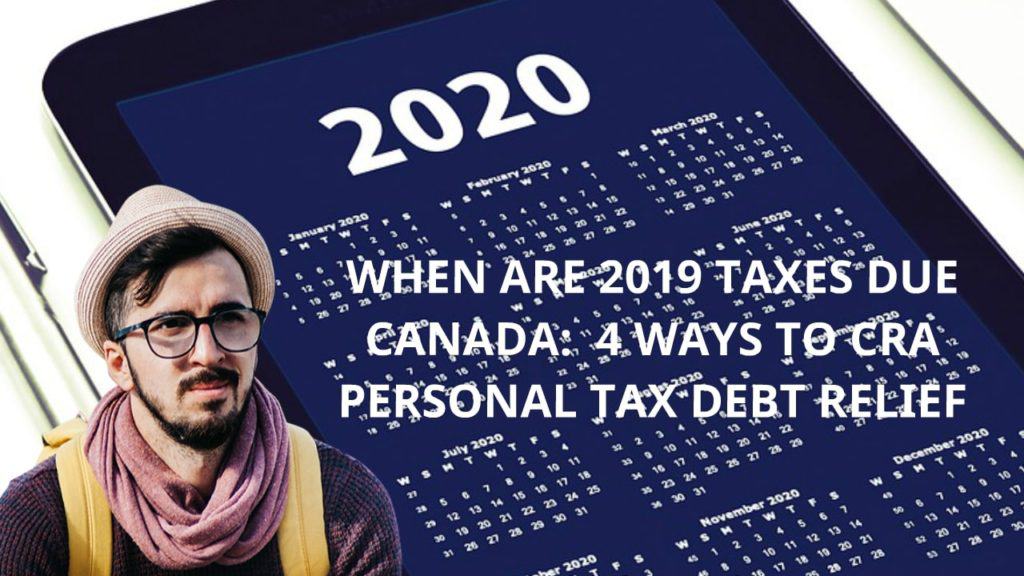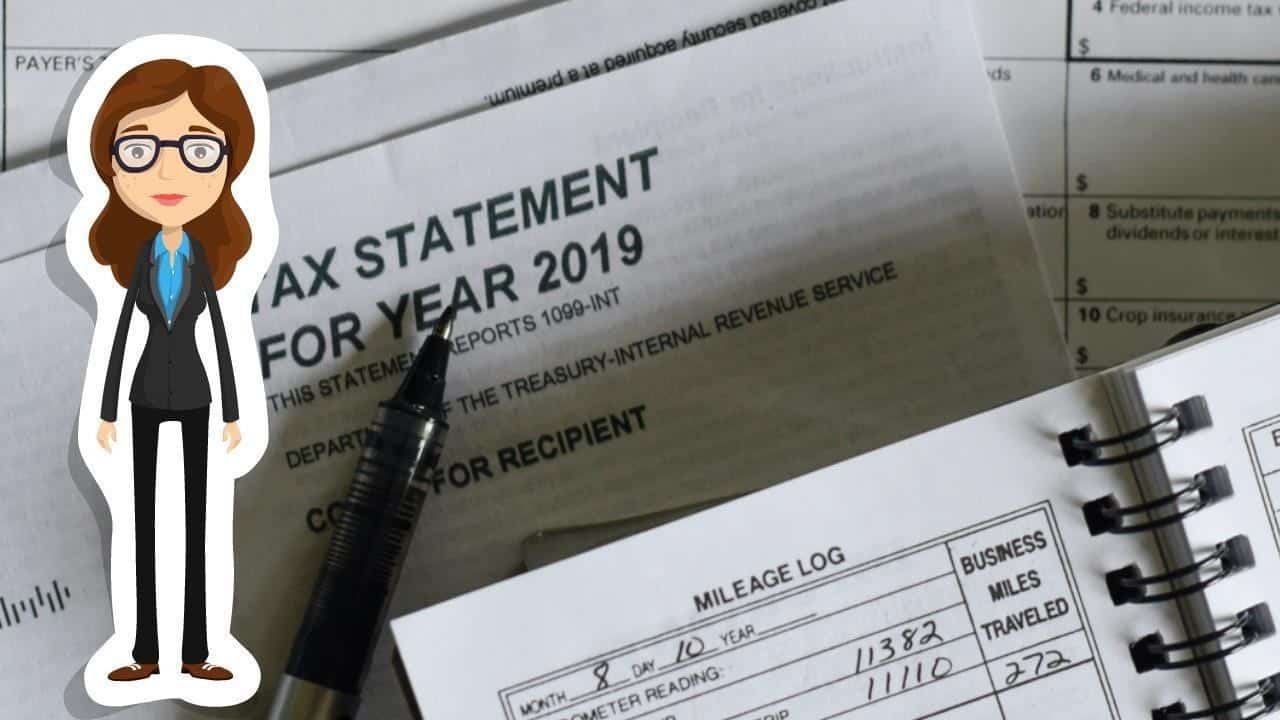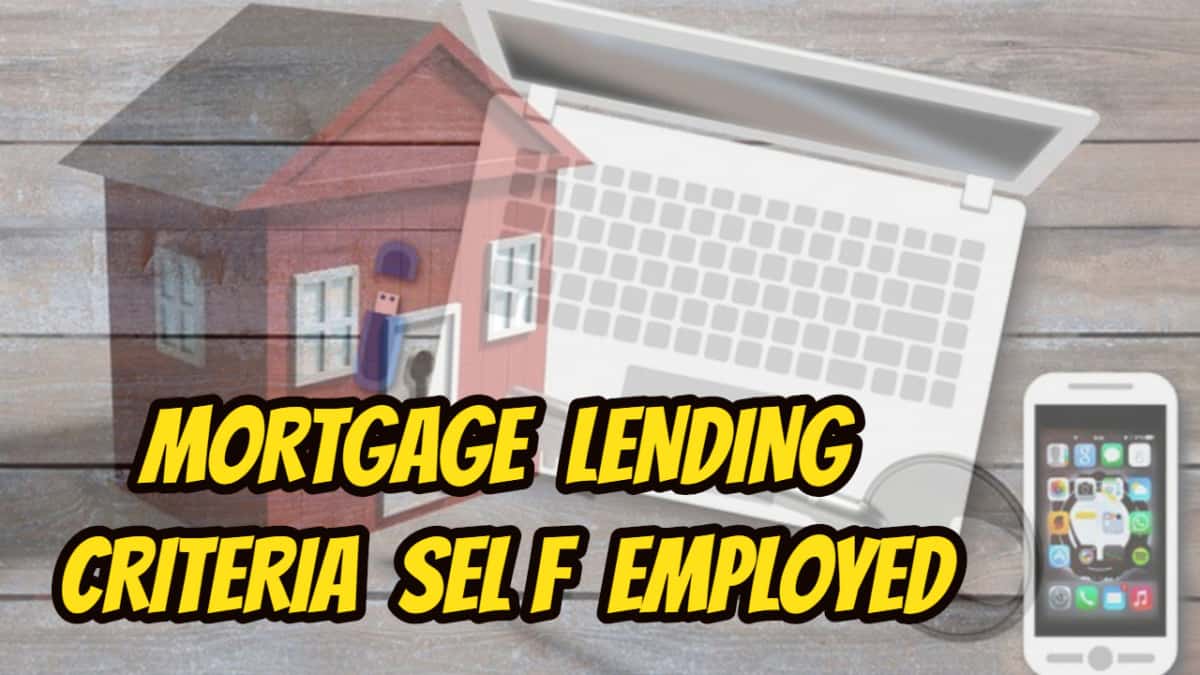
We hope that you and your family are safe and healthy.
The Ira Smith Trustee Team is absolutely operational and Ira, in addition to Brandon Smith, is readily available for a telephone consultation or video meeting.
If you would like to listen to the audio version of this CERB requirements Brandon’s Blog, please scroll to the very bottom and click play on the podcast.
CERB requirements introduction
This year that is soon ending (YAY!!) has certainly been full of new learning experiences because of the COVID-19 pandemic. CERB requirements are just one of them. Since March, I have been writing about different financial issues relating to Canada’s COVID-19 Economic Response Plan, including the Canada Emergency Response Benefit (CERB). My two prior blogs on CERB were:
- CERB Update: CERB Your Enthusiasm As Intense CERB CRA Audits Begin
- Consumer Proposal Ontario: The Only Post-CERB Guilt-Free Govt Approved Debt Elimination Plan
Even though the CERB program has ended, we now find that a new CERB requirements issue has just arisen concerning self-employed people. I will describe it for you.
A CERB requirements refresher
Just to refresh your memory, I think an overview of the Canadian CERB requirements will nicely set the stage.
To be eligible for the $2,000 CERB payment by applying to the Canada Revenue Agency (CRA), you have to have met particular CERB requirements for each of the CERB periods you were applying for. The Government of Canada specified the eligibility criteria to be:
- You did not try to find or get, CERB or Employment Insurance from Service Canada for the specific CERB dates being applied for.
- You did not stop your work voluntarily.
- You reside in Canada and are at least 15 years of age.
- You earned a minimum of $5,000 (before taxes) in the preceding 12 months, or in 2019, from 1 or more of:
- work earnings
- self-employment income
- provincial benefit payments for maternity or parental leave
- 1 of:
- Your work hours have in fact been decreased as a result of COVID-19.
- You have actually quit or will quit working because of COVID-19.
- You are unable to work as a result of COVID-19, for example, due to the fact that you are caring for a person.
- You have actually been paid EI benefits for at the very least one week of benefits after December 29, 2019, and finished your entitlement to such benefits.
- One of:
- If you are applying for the first time: You have actually quit or will stop working, or you are working decreased hours, as a result of the coronavirus. Additionally, you don’t expect to earn over $1,000 in gross employment or self-employment income for at least 14 days straight during the 4-week period.
- If you are applying for a subsequent period: You are still not employed or self-employed, or you are doing lowered hours because of COVID-19. You do not anticipate making over $1,000 in gross employment or self-employment income, and you expect this to continue throughout the whole 4-week duration.
The Canadian CERB program is finished. The CRA accepted and paid retroactive applications until December 2, 2020. Now they are doing audits to see if people who received CERB did not actually qualify. This has uncovered a problem unique to self employed people.
The $5,000 CERB requirements problem
The $5,000 consists of all employment income and self-employment income. This includes among others: gratuities you have declared as earnings; non-eligible dividends; nominal amounts paid to emergency service volunteers; and royalties (e.g., paid to artists). If you are not eligible for Employment Insurance, you might additionally include pregnancy and parental benefits you obtained from the Employment Insurance program and/or comparable advantages paid in Quebec under the Quebec Parental Insurance Plan.
Pensions, student loans and bursaries are ruled out as employment income and must not be included.
So why is the $5,000 threshold of CERB requirements a problem for the self-employed?
Are CERB requirements gross?
The issue that has recently been uncovered for self-employed workers in the calculation of income. The employment and or self employment income does not need to be earned in Canada, but you need to reside in Canada. But the eligibility requirements, rules and eligibility criteria when it comes to self employed income have been misinterpreted.
Self employed Canadians have said that when they reviewed the government of Canada’s CERB website, they read that their business had to have earned (before taxes) a minimum of the $5,000 threshold. The devil is really in the details.
To “earn” $5,000, if you are deducting business expenses, which you should be, then your net income must be the minimum of $5,000 in order for you to earn $5,000. CRA and Service Canada spokespeople have now confirmed this.
Unfortunately, it appears that many self employed individuals misinterpreted this. They believed that if they billed gross income of a minimum of $5,000 (before taxes) in the preceding 12 months, or in 2019, then they met the cerb. They applied for CERB and received their payments totalling some $14,000. If they billed way more than $5,000 and after deducting expenses to earn that income their net income before tax is still above the $5,000 threshold, then there is no problem.
However, if they billed not much more than the $5,000 and after deducting expenses their net income is either minimal or has created a business loss, then they do have a problem because they will not have met the threshold of the CERB requirements.
So the CERB requirements are not gross. They are net.
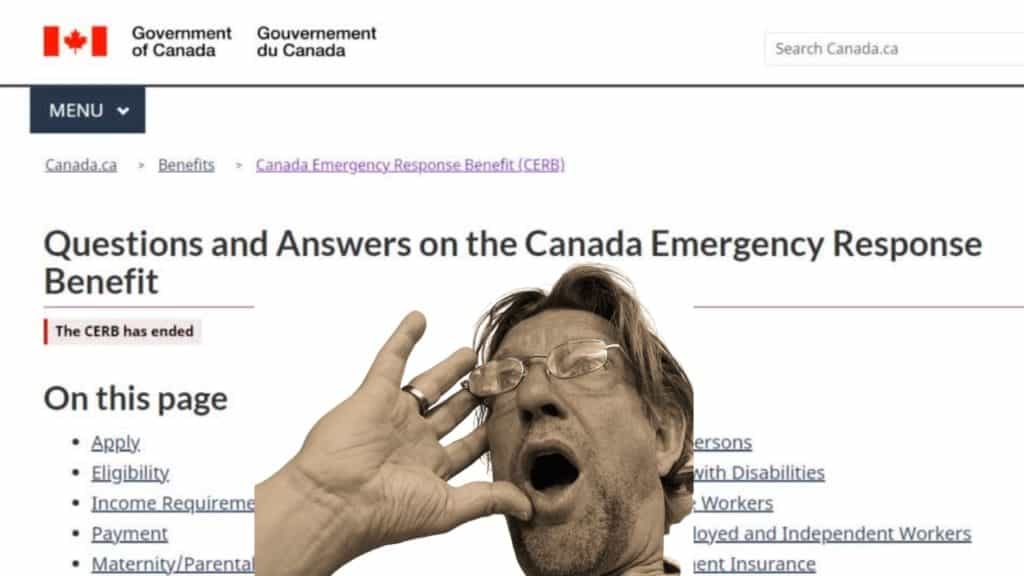
What is CRA now saying?
CRA has now sent letters to many self employed people. It has been estimated in the media that CRA has identified to date some 200,000 self employed that CRA believes received CERB but did not meet the CERB requirements. The letters advise that, for self-employed Canadians, the qualifying earnings had to be “net pre-tax income,” which means gross income minus the expenses incurred to earn that gross income.
Self employed Canadians who misinterpreted the CERB requirements and requested and received CERB based upon their gross income made a mistake. They are being told by CRA that they will need to pay back up to $14,000 worth of benefits, according to many social media posts and news reports. Sounds simple, right?
It may sound simple, but, the misinterpretation of the CERB requirements has now caused many problems. The money was applied for because Canadians needed help with daily living expenses due to the economic effects of the COVID-19 pandemic. The money has been spent.
If the CERB money is not returned to the government before January 1, 2021, every self employed person in this conundrum will have to pay tax on the CERB amount received in 2020. Hopefully paying income tax on the CERB is not something these Canadians also did not overlook or misinterpret. Even if they pay the income tax when they file their 2020 income tax return, there is no guarantee that CRA will not still continue trying to collect the CERB payments.
There is a simple fix, but, will the Federal Government use it?
In my view, there is a simple fix for anyone who ran their own business as either a sole proprietor or partner and who received such a letter from CRA about their not having met the CERB requirements. It is a simple fix, but it will require what must be considered out of the box thinking for the government.
These people applied for CERB because they were hurting financially. They needed this help to buy food, pay rent, make mortgage payments. It wasn’t used for travel and fancy dinners. The last thing these people need is to repay the money they do not have anymore. So what is the simple fix? Let them keep the money and do not demand repayment. Let these people pay the income tax on that money.
If critics want to make sure that it does not look like these people took from the government in order to merely survive, then you could always deny them business expenses that would otherwise qualify up to the amount of CERB money they received. That way the government will collect additional income tax from them.
Given all the circumstances and the true reason for sending out the CERB money in the first place, it would be an awful ending for these people to be faced with being chased by CRA collection people for repayment.
CERB requirements summary
I hope you have enjoyed this CERB requirements Brandon’s Blog. Do you or your company have too much debt? Are you or your company in need of financial restructuring? The financial restructuring process is complex. The Ira Smith Team understands how to do a complex restructuring. However, more importantly, we understand the needs of the entrepreneur or the person who has too much personal debt.
You are worried because you are facing significant financial challenges. It is not your fault that you are in this situation. You have been only shown the old ways that do not work anymore. The Ira Smith Team uses new modern ways to get you out of your debt troubles while avoiding bankruptcy. We can get you debt relief freedom.
The stress placed upon you is huge. We understand your pain points. We look at your entire situation and devise a strategy that is as unique as you and your problems; financial and emotional. The way we take the load off of your shoulders and devise a debt settlement plan, we know that we can help you.
We know that people facing financial problems need a realistic lifeline. There is no “one solution fits all” approach with the Ira Smith Team.
That is why we can develop a restructuring process as unique as the financial problems and pain you are facing. If any of this sounds familiar to you and you are serious about finding a solution, contact the Ira Smith Trustee & Receiver Inc. team today.
Call us now for a free consultation.
We will get you or your company back on the road to healthy stress-free operations and recover from the pain points in your life, Starting Over, Starting Now.
We hope that you and your family are safe and healthy.
The Ira Smith Trustee Team is absolutely operational and Ira, in addition to Brandon Smith, is readily available for a telephone consultation or video meeting.

